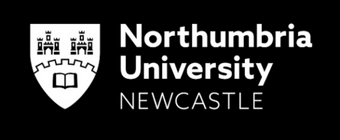Master the art and science behind the financial markets and develop a deep understanding of the wider business world. Our CISI-recognised BSc (Hons) Finance and Investment Management course lays the foundations for a range of rewarding careers in this fascinating industry.
The core focus of our teaching is about preparing you for employment. Key modules include Careers in Accounting, Economics and Finance, and Professional Practice in Accounting, Economics and Finance – both designed to build practical knowledge of working in the industry. And you won’t just be learning about investing in the classroom. You’ll also be putting your skills into practice in our on-site trading room, complete with industry-standard professional Bloomberg terminals that reflect live, real-life market developments. Between your second and final years, you can choose to deepen your understanding even further through a year-long work placement – gaining valuable hands-on experience within financial organisations including the Royal Bank of Scotland or the Bank of England.














